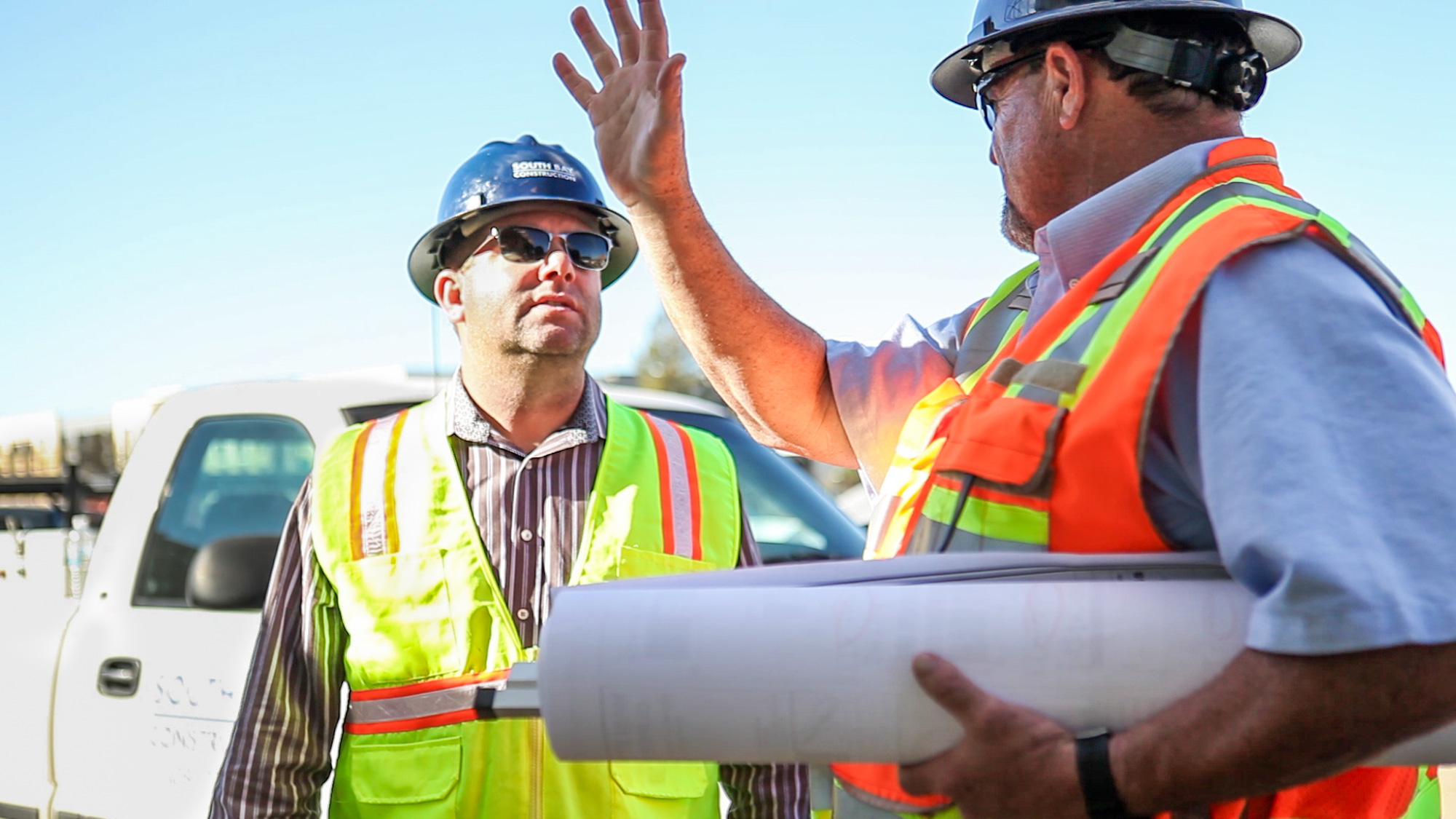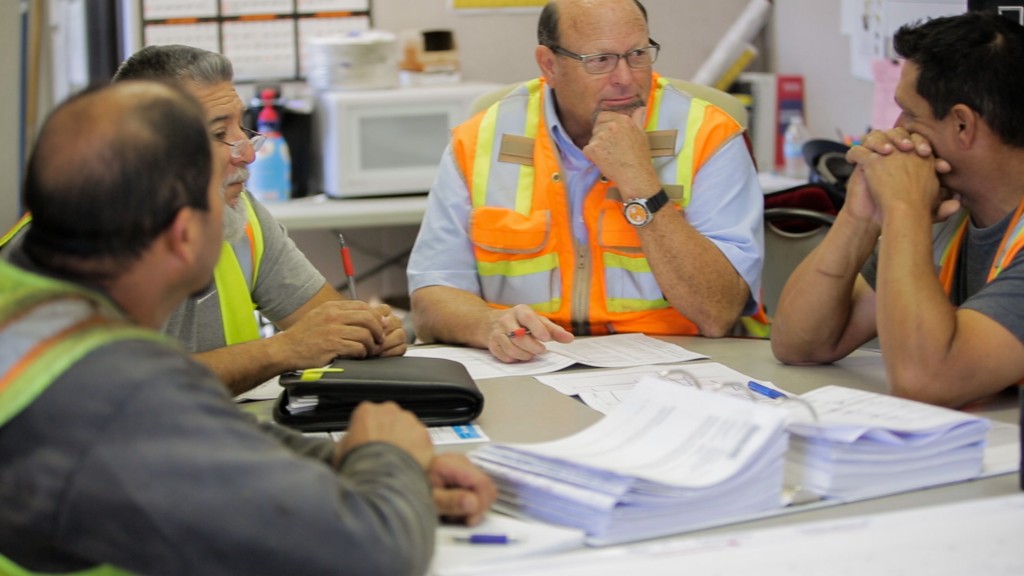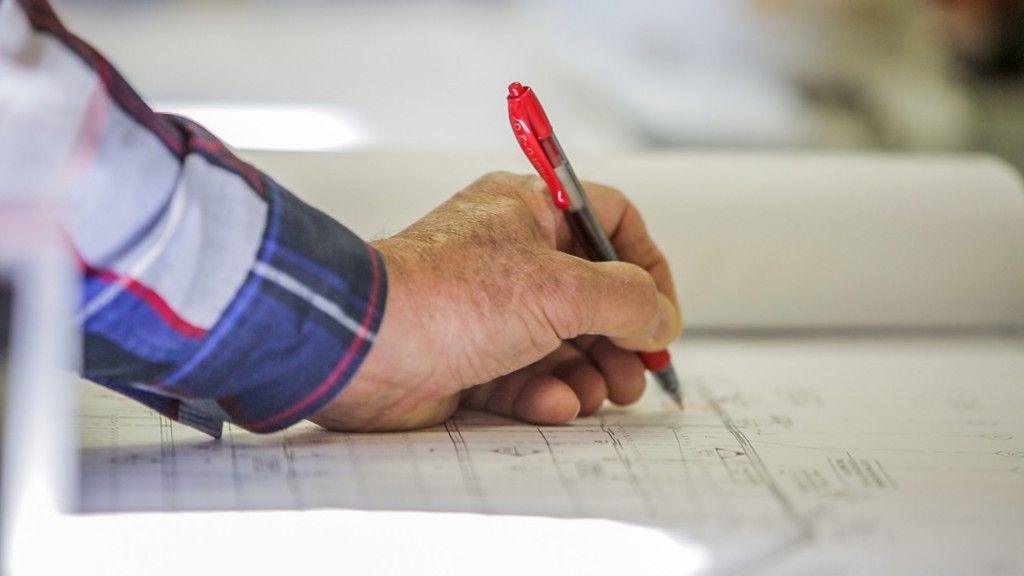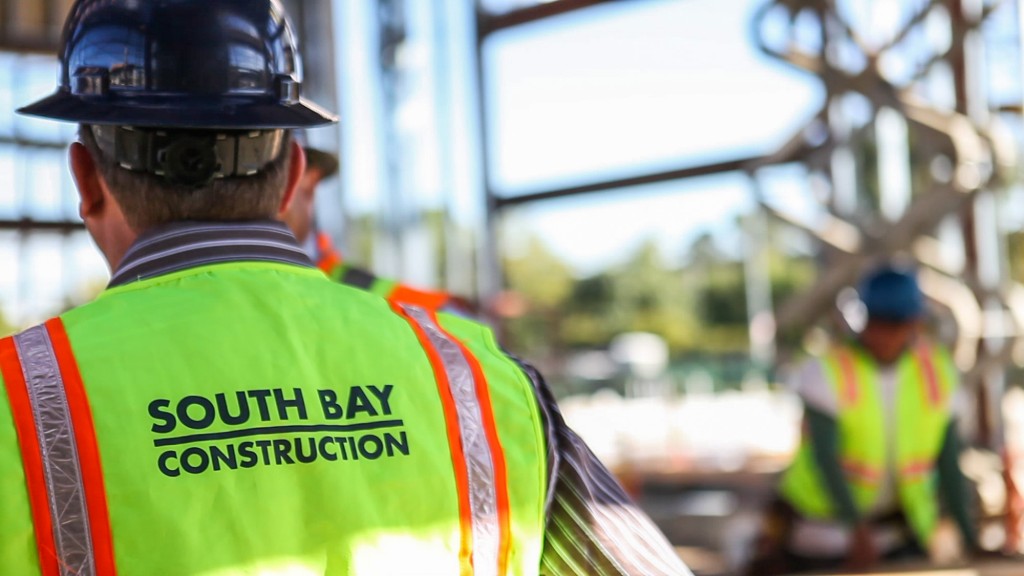
Value Engineering in Construction: Our Approach to Project Design
Value Engineering in Construction
When applied to the construction process, value engineering has enormous benefits for developers. The multi-step process is an integral part of the design stage of new development and aimed at increasing value. In value engineering, value is defined as a function divided by cost. Concentrating on the maximizing the project’s function while minimizing cost generates the greatest value for our clients.
An important part of the value engineering planning process is the workshop. Held during the design phase of the project, the value engineering workshop involves the project team who reviews the proposed project, performs a functional analysis of the facility, obtains the owner’s definition of value, defines key criteria for the project, and offers alternative solutions for the project.
Value Engineering: The Process
The value engineering workshop has five key steps:
- Information: During the initial phase, the project team seeks to gather information about the project thus far including important details about the owners’ objectives, key criteria, and definition of value.
- Speculation: The team studies the data and brainstorms as many ways as possible to reduce initial or lifecycle costs while still maximizing function.
- Evaluation: The team evaluates ideas produced during brainstorming. Some ideas become part of the final solution while others are deemed inefficient or unworkable.
- Development: Many of the ideas that passed the evaluation phase are further developed into workable proposals. Each recommendation will be accompanied by a short narrative with a list of the positive and negative aspects of each proposal along with cost comparisons.
- Presentation: Lastly, the team makes a formal written presentation of their findings accompanied by an oral presentation to clients, users, and designers. In this final stage, the client can determine which value management proposals will be incorporated into the project in order to reduce costs and increase overall value.
The Benefits of a Value Engineering Workshop
The time invested in a value engineering workshop produces impressive results. Held during the initial planning stages, the time spent on the workshop has little impact on the final project schedule and redesign costs. The independent team brings a fresh perspective to the project based on their professional construction experience. Clients who defined the initial criteria for value in the information phase experience increased satisfaction with the finished product at a reduced overall project cost. In the end, the project generally has fewer changes and delays throughout the construction process and greater functionality and value for the end client.
Although value engineering began as a cost-saving measure, it is becoming a valued project management technique that addresses all aspects of the building lifecycle from the initial construction through the sustainability of sourced materials and utility efficiency of the final project. The project team can bring positive environmental and social impact solutions to the table including methods for reducing the carbon footprint of transportation, building, and operation as well as suggestions that positively affect the safety and wellness of the surrounding community.
Value Engineering at South Bay Construction
At South Bay Construction, our goal has always been to create the greatest possible value for our clients. We have found that incorporating value engineering into our design and construction process results in greater added value and reduced costs for our clients. Our team of project managers carefully consider all aspects of the project when making value engineering proposals to each client. We carefully consider and thoroughly explain all options in the following areas:
- Cost reduction: suggestions of less expensive alternatives to specified materials or systems.
- Value-added: higher quality products that will increase value for the client and overall satisfaction with the project.
- Life-Cycle Analysis: options that work to create a balance between initial construction costs and the long-term operational budget of the development.
- Maintainability: recommendations of systems and products that will reduce maintenance costs over the lifespan of the building.
Value Engineering in Action: Orchard Trimble
SBC was brought into the project during the design phase when the building owner was unable to meet his budget based on a competitor’s pricing. SBC was not only more cost-effective but also helped in finding value engineering opportunities to further improve the construction cost.
As a leader in Bay Area construction, South Bay Construction has over 37 years of experience in the local construction industry. Our experience with value engineering is an important aspect of our approach to project management. If you are looking for a partner you can trust, contact us at 408.379.5500 and request a quote today!






